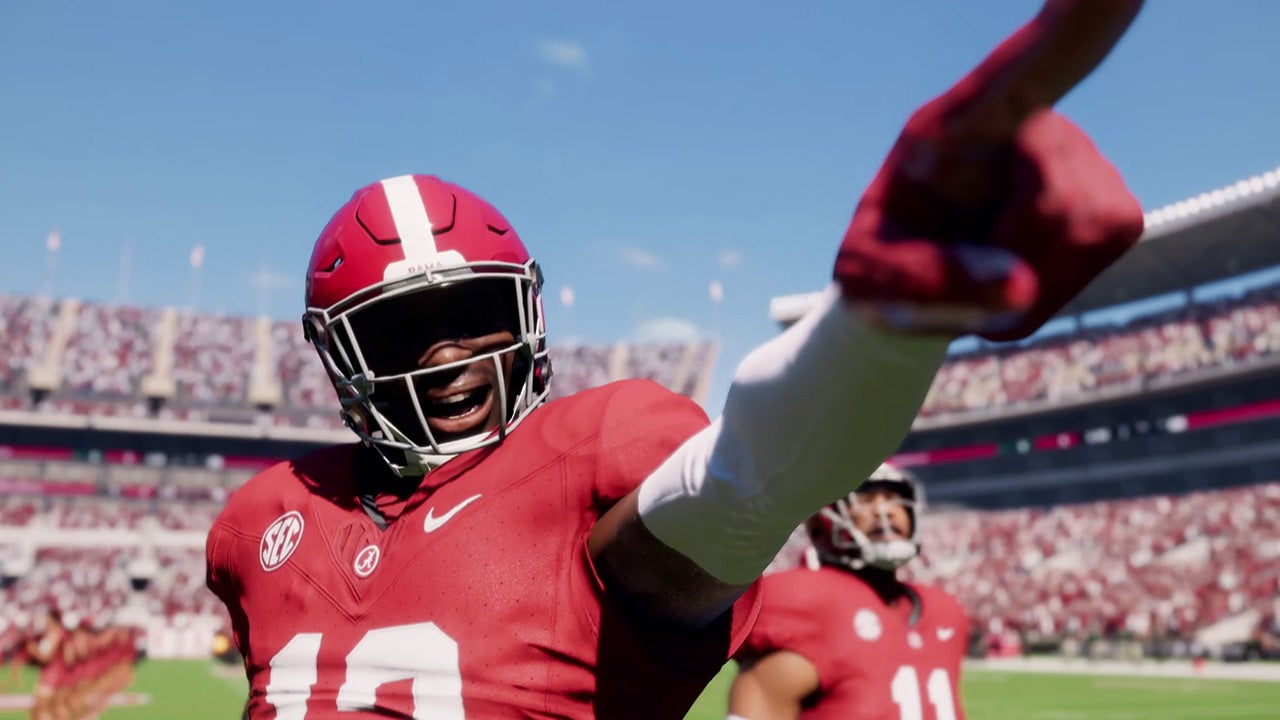Trending
Opinion: How will Project 2025 impact game developers?
The Heritage Foundation's manifesto for the possible next administration could do great harm to many, including large portions of the game development community.
Andrew Wilson argues College Football 25 needed generative AI not just to help recreate all its real-world players, but also to help build the revived series' future.

EA Sports College Football 25 isn't just a big hit for EA, it also marked the publisher's first public use of generative AI. And according to Andrew Wilson, the technology was the only way for EA Orlando to reach the full scope of the game.
During last week's quarterly earnings call, the EA CEO was asked about genAI being used to bring real-world players (or "star heads") into the game. Previous sports games required 500-1,000 star heads, but College 25 had 11,000.
Because of the deal struck for the game to even exist, getting all of the stars was a "top priority," stressed Wilson. "Our teams are incredible and built workflows to facilitate that, but they were amplified and accelerated through AI and machine learning."
EA Orlando's workflows and photo imagery allowed genAI and machine learning to generate star heads, after which artists would "touch up and enhance them." According to him, it was preferable to the full head development process, even as College 25 had been in the works for "many, many years."
"In the absence of AI we simply would not have been able to deliver College Football at the level we did," he conclude.
Machine learning aren't new for video games, but the term "generative ai" has a stigma attached to it.
Wilson also argued using genAI helped build College Football's future as a game series: it'd been a decade since the last installment, and the "level of gameplay and visual fidelty" couldn't have been achieved now or years prior without the technology.
Use cases like College Football 25’s seem to justify the use of genAI, as they make large-scale projects viable and don’t seem to replace human workers. Questions still remain on what, if any, datasets the tech was trained on.
A report from earlier this year revealed almost half of surveyed game developers are already employing genAI in the workforce. Some companies have put out (or are making) tools powered by the technology for art, design, and writing.
For the moment, publishers like EA and Ubisoft are just using machine learning to lighten the load amongst their studios. Outside of Keywords, no one's apparently trying to make a game with genAI, which the studio itself said wasn't possible.
You May Also Like